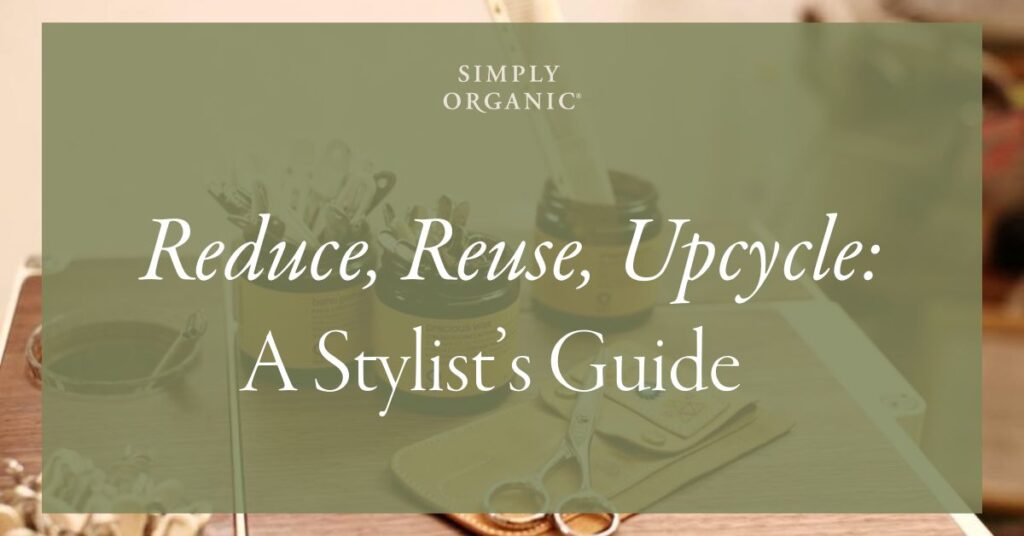In preparing for American Salon’s July issue, marking their 135 th anniversary, they asked Scott Mitchell of Organic Salon Systems a simple question: “How is your company partnering with distributors, salons and retailers to fight diversion?”. Scott decided to tell them the real truth.
[styledbox type=”general” ]From the very beginning, we understood that the only way to provide diversion-free, truly professional-only products was to only partner with salons and refuse to partner with retailers. It is as simple as that.
It’s clear to anyone who understands business that the only companies that can get products on the shelves of Target or Walmart are the manufacturers of those products. These two companies, whose annual revenue is several times larger than the entire professional beauty industry combined, would not dedicate shelf space or take product liability risk for any product that is not being supplied directly from the manufacturer. They conduct serious due diligence on all products they sell that require things (like product liability insurance certificates , manufacturing quality control audits[1], proof of production capacity, certificates [2] of trademark ownership rights[3], EDI interfacing[4], etc.) that only the manufacturer of a product could possibly provide.
 While the sensationalized stories of some rogue distributor backing up a U-Haul truck to meet the Target store manager for an illicit cash-for-product exchange, or the horrifying stories that professional beauty products sold at Walmart are contaminated with cat urine, make for intriguing industry lexicon; these rumors simply have no basis in reality. The truth of the matter is few companies can afford to ignore the $4.7 trillion [5] a year US retail industry for the $40 billion US salon and spa market [6], which is barely 1% its size.
While the sensationalized stories of some rogue distributor backing up a U-Haul truck to meet the Target store manager for an illicit cash-for-product exchange, or the horrifying stories that professional beauty products sold at Walmart are contaminated with cat urine, make for intriguing industry lexicon; these rumors simply have no basis in reality. The truth of the matter is few companies can afford to ignore the $4.7 trillion [5] a year US retail industry for the $40 billion US salon and spa market [6], which is barely 1% its size.
Considering the magnitude of these numbers, it’s not difficult to understand why beauty product manufacturers cannot ignore the retail markets. However, what is difficult to understand why salon professionals continue to believe the professional-only claims while they can find the very same products sold to them as “exclusive salon only professional products” also being sold on shelves at the store right down the street from their salon or found through multiple retail website through a simple Google search.
Organic Salon Systems has built its business model around the professional salon market and we are a “single source” provider meaning we (1) secure continental exclusivity for the lines we offer; (2) do not sell to retailers, sub-distributors, or anyone other than licensed salon professionals; and (3) ship directly to salons from our own warehouses and do not allow intermediary middlemen. We do this not because we are worried our products will end up on retailer’s shelves, we know that they won’t, simply because we don’t sell to them. We do this because it provides simple transparency to our salon clients that if our products are ever diverted they have but one company to blame, us. We have intentionally ensured that we can never enjoy the luxury of blaming some nameless, faceless, mysterious rogue distributor for our products ending up on retail shelves. We have done this with a strong sense of deliberate intent and conscious purpose and because we know we will never have a need to expect our clients, who we have a great deal of respect for, to accept such a meritless and ridiculous excuse.
[/styledbox]
[styledbox type=”shadow” ]
1. Walmart requires product liability insurance between $2 million and $10 million per occurance. http://corporate.walmart.com/suppliers/references-resources/insurance-requirements
2. Walmart requires all vendors to join the ICIX which monitors manufacturing supply chain risks, something a “rogue distributor” would be incapable of participating in. http://corporate.walmart.com/suppliers/
3. Target, like other retailers, does not purchase from any vendor unable to product certificated proving the rights to use product trademarks. www.partnersonline.com
4. All large retailers require EDI interfacing like Walmat, who requires Retail Link, EDI, and GDSN integration. http://corporate.walmart.com/suppliers/
5. According to the latest annual report from the U.S. Commerce Department, total retail sales in 2011 were $4.7 trillion, which represents an 8% increase over 2010 total retail sales
6. According to the Professional Beauty Association’s 2011 Report “Economic Snapshot of the Salon and Spa Industry”
[/styledbox]




